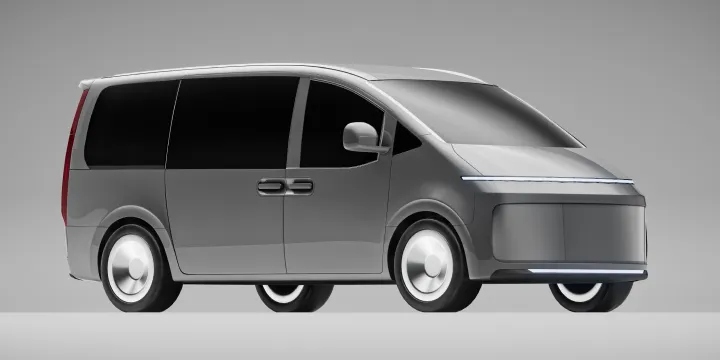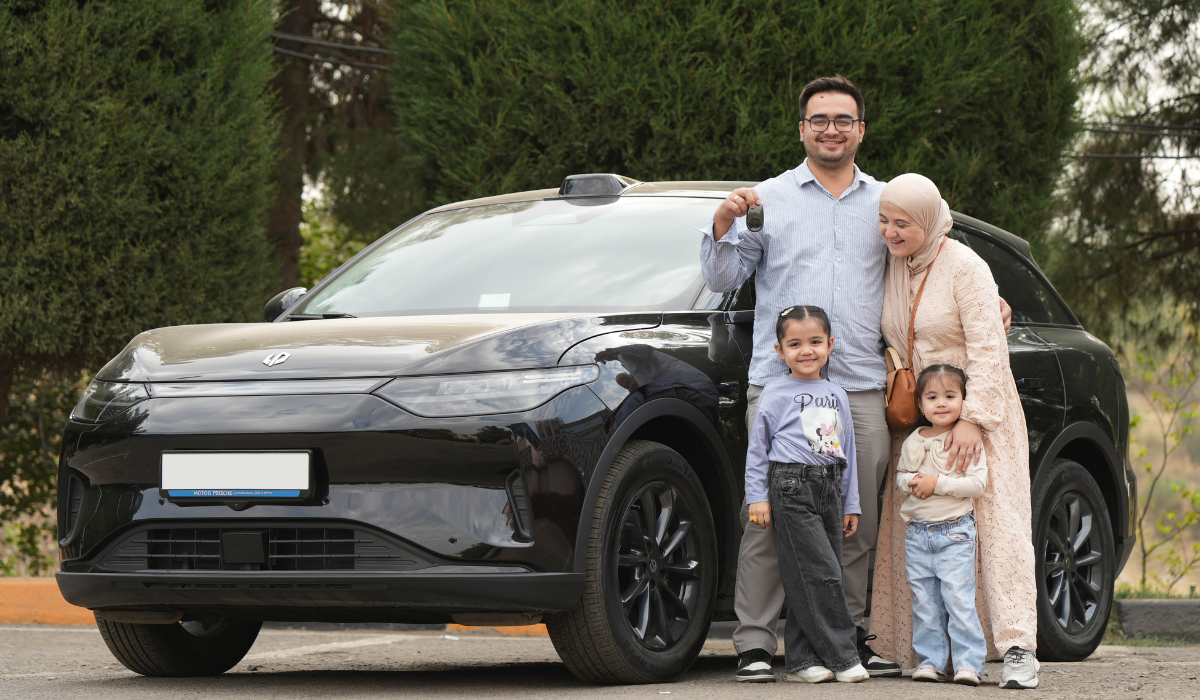Interest-free car finance is exactly what it sounds like - finance without any interest. It’s often used interchangeably with terms like “no interest” or even “halal car finance”, in Islamic contexts.
To understand this with better context, it’s important to first establish what interest means.
What Is Interest?
In conventional finance, interest is the additional amount a borrower must repay on top of the money they originally borrowed. It’s the price of borrowing - for example, if you borrow £10,000 at a certain interest rate, you may end up repaying £11,500 or more, depending on the loan terms. The lender profits simply by lending you money, without adding any tangible value to the transaction, and without any risk sharing element. One way or another, they are supposed to get their money back, whereas you could keep falling into major debt.
In Islamic finance, this practice is prohibited. Known as riba, earning money purely from money is considered unjust and exploitative. From an Islamic viewpoint, money is not an asset in itself - it holds no intrinsic value, and therefore cannot be used to generate profit on its own. Profit is of course permissible, but it must come from real economic activity, like trading goods or providing services, where value is added through risk, ownership, or utility.
That’s why Shariah-compliant car finance solutions such as Murabaha or Ijara wa Iqtina focus on transparency and trade, not lending. The provider purchases the car and either sells or leases it to the customer at a pre-agreed markup, whilst owning the car themselves throughout. Not through interest, but rather structured value exchange, where there is a risk-sharing element.

Why “No Interest” Doesn’t Always Mean 0% APR
Many people assume “no interest” means the same thing as “0% APR” - but that’s not always the case.
APR (Annual Percentage Rate) is a broader term that reflects the total cost of finance. Meaning even agreements without interest would have an APR above 0%, as the profit the finance company would make would be taken into account.
In essence, it’s a standardized way to compare how expensive different forms of financing are, and is actually a requirement by the FCA to include on your website as a lender.
What is 0% APR?
When it comes to 0% APR car finance deals, there’s an important practical distinction to make between used and new cars financed in this space. Second-hand cars sold on ‘0% APR finance’ tend to work in the following way: the dealership buys the car, puts their markup on it, and then finances it at that amount. Nevertheless, you end up paying the same amount you would’ve with an APR above 0%.
It’s a little different with new cars. Mainstream dealerships and manufacturers make their profit by selling the car. To give an example in simple numbers, the manufacturer would’ve spent £10 making the car, and list the car for sale at £13. You can either buy it outright at £13, or split that across multiple months.
Is Interest-free or 0% APR Car Finance Halal?
It depends.
From a Shariah perspective, the key is not how much you pay, but how the agreement is structured. Islamic finance forbids riba (interest), but allows profits earned from transparent trading.
Therefore whatever it is labelled as, doesn’t really make a difference. What really matter is the substance inside the agreements and the intentions. To get a more detailed idea of what makes a car finance agreement halal, you can read our blog on Halal car finance in the UK.

Common Misconceptions
- "All no-interest deals are Halal." Not true. Even if we assume there truly is no interest, there are other requirements for car finance to be Halal, such as separated agreements, the lender owning the car throughout the agreement (if it is Ijara based), etc. All this to say, the structure determines permissibility, not just the outcome.
- "0% APR is better because it's from a main dealer." Big-name brands may offer tempting deals, but halal financing prioritises process, not convenience.
- "Islamic car finance is more expensive." In many cases, the total cost is comparable.







.svg)



.png)
.webp)

.png)






